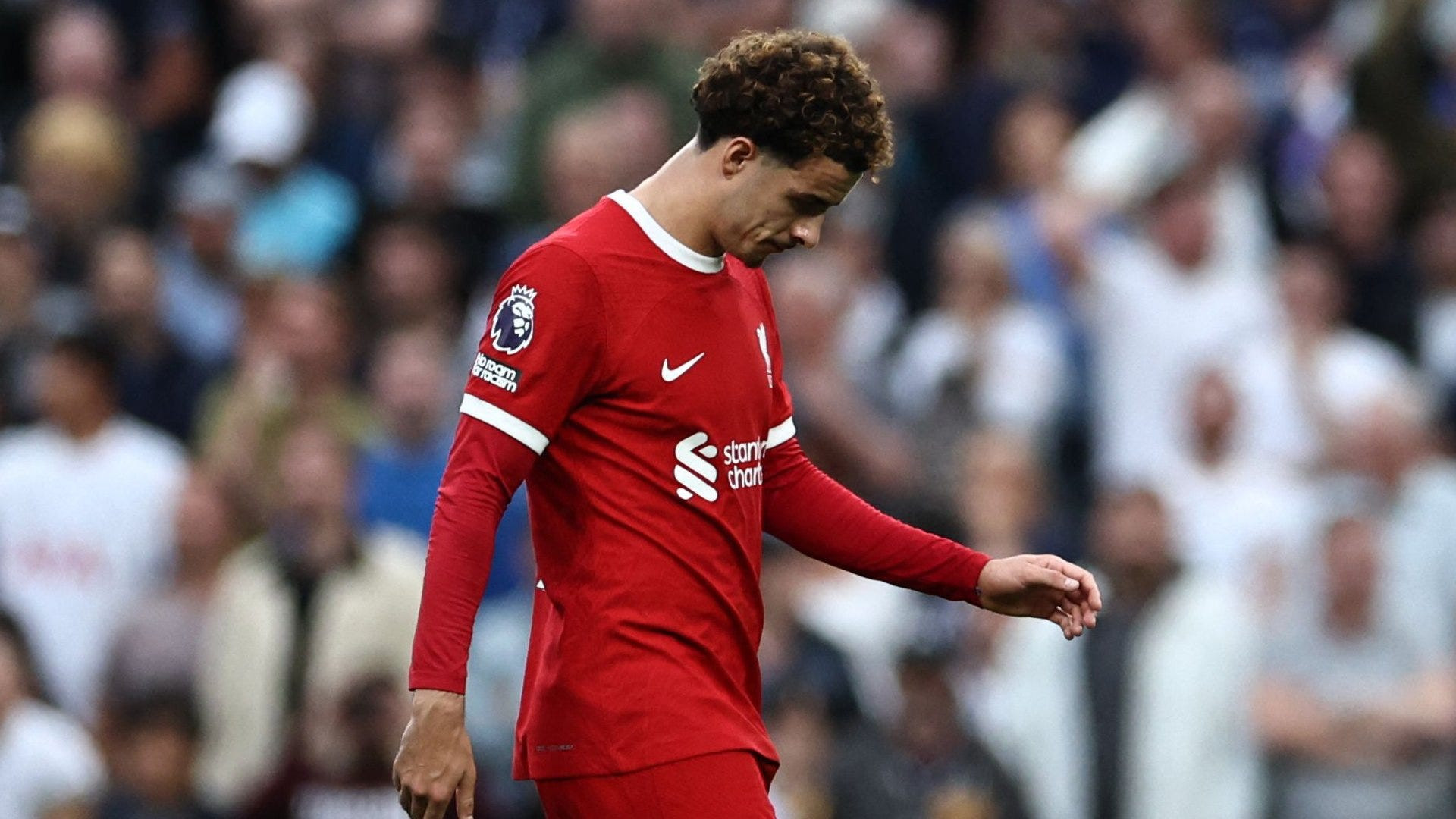On the eve of Liverpool’s return to the Champions League, their goalkeeper Alisson has criticized the expanded format of the competition, claiming that players had not been consulted on adding two extra games to the group phase and that “maybe our opinion doesn’t matter”.
Liverpool begin their campaign for a seventh European Cup against Milan at San Siro on Tuesday night. While Alisson admitted he was eager to play in the world’s leading club competition again after a season in the Europa League, he also sounded a warning for the future of the sport unless administrators start listening to players’ concerns over the schedule.
The 2024-25 Champions League is the first to be run under the “Swiss system”, in which each team play eight matches in a group phase that will not finish until late January. “I think for the supporters it’s amazing,” Alisson said. “More games, bigger games, big teams playing against each other. For us as players, it’s always a good idea to add some games to a calendar that is not busy. I am being ironic a little bit.
“Nobody asks the players what they think about adding more games, so maybe our opinion doesn’t matter. But everyone knows what we think about having more games. Everybody is tired of that. But we have to stay focused on the big challenge that we have tomorrow.”
The Brazilian missed large parts of last season because of injury, but in previous seasons has played more than 60 games when international commitments and pre-season tours are taken into account. Asked to suggest a more appropriate workload, Alisson declined to offer a figure, but argued that competition organisers had a duty of care to the stars of the spectacle.
“We understand we have the media side, the TV. We have Uefa, Fifa, the Premier League, the domestic competitions. We are not stupid, we understand that people want more games. But the reasonable thing would be for all the people responsible for organising the calendar to sit together and listen to all the parts, including the players. We just need to be listened to, and understand the thinking behind the direction that football wants to go. Not only adding games, adding competitions, adding this, adding that.
“At the end, all we want is to give our best. If you are tired, you cannot compete at a high level. What I want is to give the best in all the games that I play. But we need a solution, and it doesn’t look like we are close to a good solution for football’s sake and the players’ sake.”
Players’ Voices Ignored
Alisson’s comments echo the growing sentiment among top players about the relentless fixture schedule. The “Swiss system” in the Champions League, with two extra group stage matches, will further strain the already packed calendar, leaving players with little respite.
While Alisson is not the first player to speak out about the need for a more balanced schedule, his comments highlight the disconnect between the decision-makers and the players who are ultimately responsible for delivering the entertainment on the pitch. The perception that players’ voices are not being heard is a significant concern, particularly in the context of the intense demands placed on top athletes in modern football.
A Solution Needed for Football’s Sake
Alisson's call for a collaborative approach is not a novel suggestion; however, it is a crucial one. It is time for the stakeholders in football—including players, clubs, leagues, and governing bodies—to come together and prioritize the health and well-being of the players. This can be achieved by seeking to create a sustainable calendar that balances the demands of the game with the need for adequate rest and recovery for the athletes. Without this, the quality of the game and the players’ ability to perform at their best will be compromised.
Alisson’s statement is a stark reminder that the footballing landscape is at a critical juncture. While there is an understandable desire to create more attractive and entertaining competitions, this cannot come at the expense of the players who make the game so captivating. The future of football requires a more holistic approach, one that acknowledges the value of player input and prioritizes the long-term health and well-being of the athletes who drive its success.
The New Format: A Boon or a Burden?
The introduction of the “Swiss system” in the Champions League is a significant development. The expanded group stage, with eight matches per team, will undoubtedly increase the competitive intensity and provide more opportunities for fans to see their favorite teams in action. However, it is critical to recognize that the players are the ones bearing the brunt of this increased workload. Their physical and mental well-being must be considered, and their voices must be heard in shaping the future of the competition.
Moving Forward: A Collaborative Path
The current state of affairs in football highlights a need for a collaborative approach. All stakeholders, including the governing bodies, leagues, clubs, and players, must engage in constructive dialogue to forge a sustainable path forward. This dialogue should focus on creating a calendar that acknowledges the unique demands placed on the players and ensures their well-being. The goal should be to create a future for football that balances the demands of the game with the need for player welfare and creates a sustainable future for all.

















